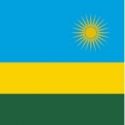End-to-End Support for All Your Website Localization Needs
bayantech is more than a translation partner. We provide full support at every step of the localization process. From content translation and cultural adaptation to design, testing, and optimization — you can leave it all to us. Our website localization services cover:
Translation and Cultural Adaptation
Adapting textual content to the linguistic and cultural requirements of each target market.
Tailored UX/UI Design
Designing interfaces and user experiences that account for diverse cultural preferences and language formatting.
International SEO
Optimizing website content for international search engines and search queries in your target market’s language.
Multimedia Localization
Adapting your multimedia content, including audio, video, animation, and subtitles for cultural resonance.
Marketing Transcreation
Crafting marketing materials that resonate with local consumers while preserving brand voice.
Mobile Optimization
Ensuring a seamless user experience on different mobile devices across languages and regions.








































